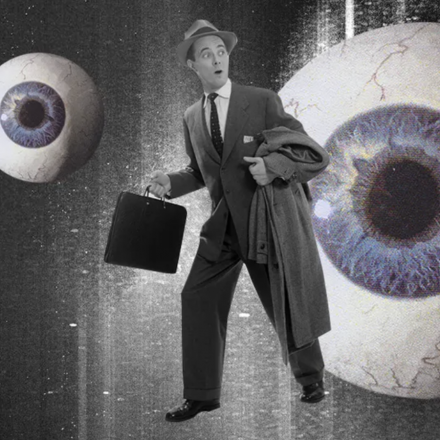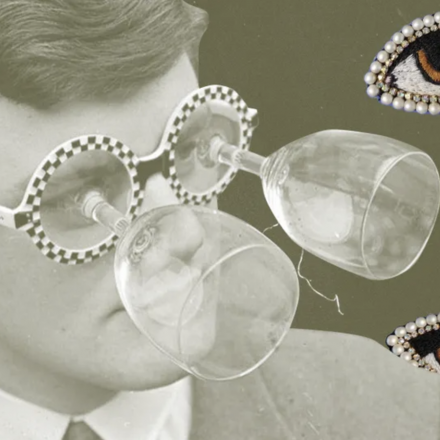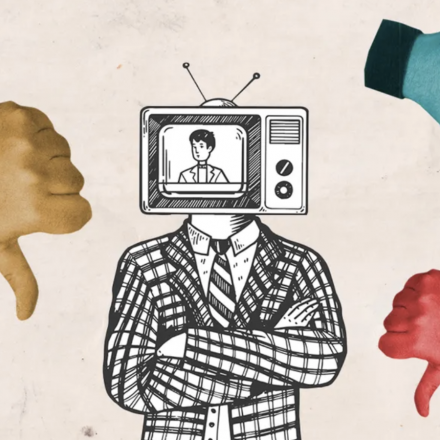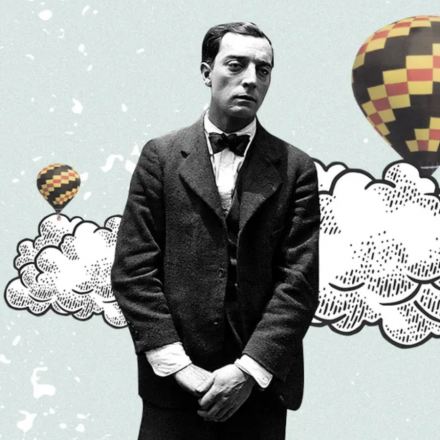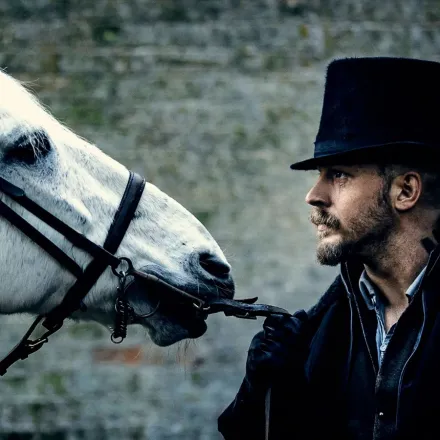Since childhood, we live in a world of stories. Long ago, in prehistoric times, our ancestors—hunters and gatherers—told tales of brave warriors and selfless heroes. These stories played an important role: they shaped the tribe, showing what a “proper” person should be. In the tribe, you were valued not for who you truly were, but for meeting a certain standard: altruistic, protector, hero. Those who didn’t fit this image quickly became outcasts, and their fate was often tragic.
Today, the tribe hasn’t disappeared. It has evolved and taken on new forms. Our society continues to tell us stories about who we should be. The difference is that now these stories don’t come from elders by the fire, but from social media, movies, magazines, and news programs. We are convinced that there is an ideal “self” that we must all strive for. We must be successful, beautiful, fit, productive, and, of course, happy. But is this really true?
The Tribe of Today
We are now under the pressure of neoliberal tribal propaganda. Stories convince us that the modern hero is a person who is successful in everything. They’re at their peak fitness in the gym, closing multimillion-dollar deals at work, and being the perfect partner or parent in the evening. We start to embody this image ourselves, trying to live up to it, and when we fail—we punish ourselves.
How many times have you compared your life to others’ stories? Seen vacation photos of acquaintances and felt envy? Read success stories, and your inner voice whispered: “You’re not good enough”? All of this is part of the same tribal scenario that seeks to control us by forcing us into the mold of someone else’s expectations.
The Hero Trap
The problem is, this heroic image is unreal. We face it every day—in the gym, at work, even in our personal lives. We try to be the hero who does it all, who can handle everything and is always satisfied with life. But what happens when we don’t measure up to this ideal? We begin to hate ourselves. We lose confidence, fall into depression, and sometimes it leads to even more devastating consequences—self-destruction.
Tribal propaganda will never tell you that these standards are a lie. No one is obliged to be a hero. No one should always be at their peak, in every sense of the word. Accepting one’s imperfection is the first step to freedom.
The Secret to Happiness: Be Yourself
The main mistake of tribal propaganda is the belief that there is only one right way. In reality, there are no “right” heroes or perfect people. We are just who we are. We are unique in our individuality, and our value lies not in how well we meet others’ expectations but in being ourselves.
Understanding that propaganda is just dictating norms frees you from pressure. You no longer need to try to match a false ideal. You don’t need to feel guilty for not being the best athlete or the most successful businessman. It’s important to stop being a prisoner of other people’s stories and start writing your own—a story with no heroes or villains, just you, real, alive, with your mistakes, achievements, and joys.
How to Break Free?
The first step is realizing that you don’t have to be a hero. Stop comparing your life to others’ stories. Every person follows their own path, and your path isn’t a copy of someone else’s. When you stop chasing imposed standards, you will find your own happiness. It doesn’t mean giving up on aspirations and dreams; it means stopping the chase after others’ images and starting to listen to yourself.
That’s how we free ourselves from the dictatorship of tribal propaganda and begin to live our own lives. A life where you don’t need to be a hero to be happy.












